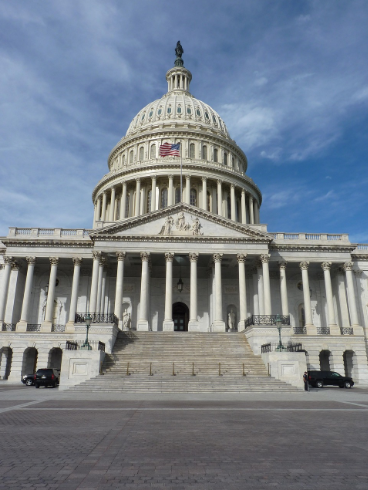Students Face Financial Differences During Pandemic
A publication from the U.S. Bureau of Labor Statistics titled Unemployment rate falls to 6.9 percent in October 2020, posted November 12th, 2020, states “the unemployment rate decreased by 1.0 percentage point to 6.9 percent in October 2020. That was the sixth consecutive month the rate has declined, but it was still nearly twice the February rate of 3.5 percent.”
Although unemployment has increased by nearly twice the February rate, an article titled List of Coronavirus-Related Restrictions in Every State by Dena Bunis, senior writer at AARP, and Jenny Rough, freelance writer, states “Individuals should stay at home. Exceptions include leaving the house to go to work, buy groceries or pick up medications.” This means that citizens of Wisconsin, including students, are able to go back to work.
Ethan Fischer, a senior at Arrowhead High School and factory-line worker at Balax, Inc., says, “They ask us to wear masks, but it’s not mandatory. They also sanitize the doorknobs.”
Ethan Damon, a senior at Arrowhead High School and a dishwasher at Sunset Grill, says, “nothing has really changed since everyone there doesn’t care so people just act normal like it isn’t real. The work place hasn’t really taken any precautions to corona.”
According to an article titled Go to college or skip it? High school students face a new reality due to coronavirus, from Michelle Fox, Producer at CNBC, 58% of high school juniors and seniors polled said they were more likely to take out a student loan to pay for college, and 57% of teenagers said they were concerned about how COVID-19 will affect their life after high school.
The author of the article writes “American teens are worried about the financial impact of the coronavirus pandemic on their family… and on their future.” Because employment is an option to make money, unemployment has an effect on households who previously relied on employment to earn money, which may affect what people, including students, are able to afford.
Brian Coleman, school counselor and chair of the counseling department at William Jones College Prep High School in Chicago, stated in the article by Fox, “Ironically, teens planning to go to college in this environment might actually do better at managing their expenses because this crisis is forcing them to consider cost-cutting steps, like living at home while going to school or taking more courses online, which can be less expensive.”








